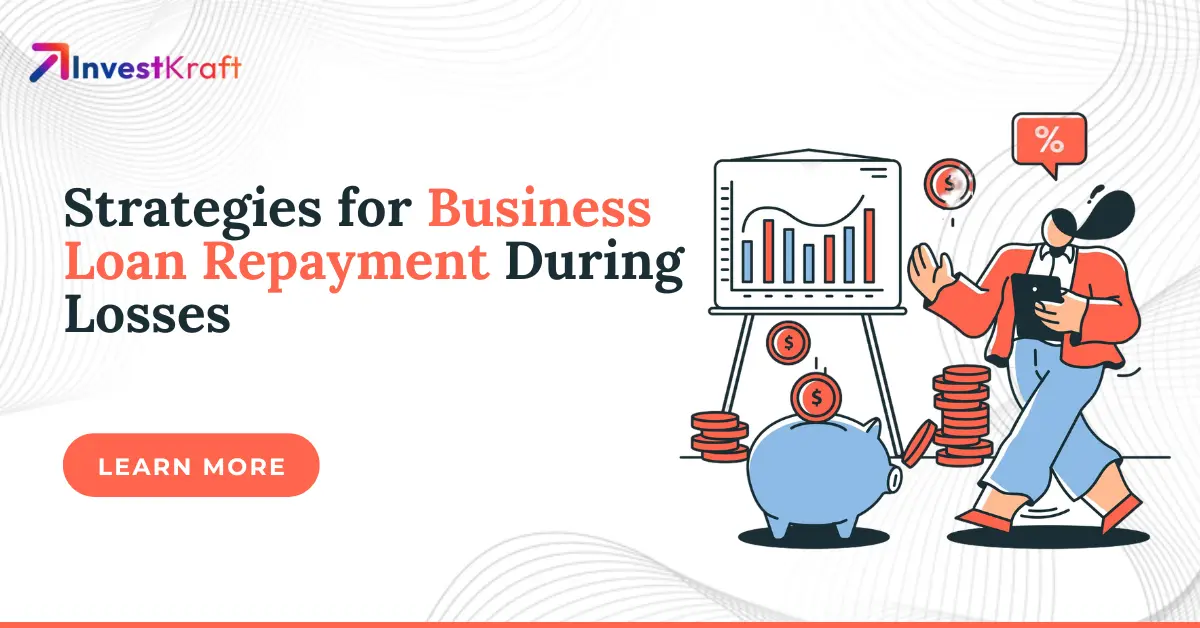Major Reasons Why Your Business Loan Application Gets Rejected by Lenders

Reasons Why Your Business Loan Application Gets Rejected by Lenders, In the corporate world, unforeseen financial responsibilities may lead anybody to make poor choices. It may have an immediate impact on both business and life. Face the dilemma head-on and find a solution, instead of putting it off. However, how?
Applying for company financing is one way. However, banks and non-banking financing firms (NBFCs) do not approve all loan applications. Apps for business loans are often approved by lenders based on predetermined standards. If borrowers don't fit the qualifying requirements, their loan application can be turned down.
The following are some of the possible explanations for the rejection of business loans.
- Business Model
A number of the industry's businesses carry a significant risk. By high risk, we mean that they are subject to the laws and rules established by the government. The way these firms operate may need to alter in response to any changes made to the policies, rules, or laws. This also applies to seasonal enterprises, which are those that are only profitable during specific times of the year.
Additionally risky are businesses that depend on environmental variables to survive. Throughout their operation, they never have a set turnover.
Banks and other financial institutions prefer not to lend money to these kinds of firms since they don't know if the companies will repay the debts. To offset the possible risks associated with these firms, the financial institutions could additionally impose a high-interest rate.
These companies can apply for loans under various special schemes and make use of them.
2. Improper Business Plan
A solid business plan is your first line of defence when presenting your case to a lender, especially for those ambitious business owners who have decided to forge their own professional route. People frequently write rushed company plans that fall short of expectations. A strong business plan outlines your company's goals and objectives for the loan, as well as your financial strategy and how you intend to pay the institution back.
Your strategy should contain things like profit margins, possible clients, some of your rivals, and industry-specific data. You could want to add the team introduction, mission, vision, and experience you bring to the table in order to make the plan a successful sell.
3. Bad Credit History
Another important factor in your financing application is the credit history of your company and its directors. Your application will be denied if your credit card debt or installment loans (EMIs) are past due. This will lead to a low CIBIL score. Even one missed payment might have a bad impact on your report. Consider the impact that your application for a business loan from your firm will have, particularly in relation to your credit history. It is also a factor in loan rejections.
If you ignore a low credit score, review it and make the necessary corrections. Your business loan interest rate would go down if you had excellent credit. To learn more about how you were assessed, it's also a good idea to review your personal and business credit. If your business was successful but you had to damage your credit to make it happen, you're not alone.
The lender states that the magic score will change. You may still get small business loans based on your credit score even after your firm has been operating for some time. How certain are you about repaying your business loan if you are unable to control your credit? Because of this, it becomes quite challenging for any firm in India to apply for business loans.
4. Incomplete Loan Application
Unfortunately, failure to accurately complete the application or to submit the necessary backup data is one of the most common reasons that business loan applications for rapid business loans are denied. Since business owners usually spend twenty, thirty, or even more hours on a business loan request, you are unable to accomplish it!
A business plan, personal and business tax returns, bank account statements for the firm, financial statements, business projections, and loan reports for both the business and the individual are required by many banks. among the documents that the majority of banks have endorsed. All legal documentation related to your company, including contracts, leases, licences, and business records, must be submitted. This problem has an easy fix: gather your documentation before reapplying. It will reduce your chances of getting approval on your business loan application.
6. Lack of Collateral
In one way or another, most business loans are secured. To reduce risks, it might be backed with collateral or a personal guarantee. In the case of a default, suitable properties might bring good resale value to lenders.
Therefore, any intangible or aged property or property with contested ownership title might potentially result in denial of a business loan application. Therefore, those who intend to apply for company loans must select appropriate physical assets to serve as security.
7. Not Requesting Enough Capital
It may seem counterintuitive, but your chances of getting a bank business loan increase with the amount you request. Generally speaking, small business loans for modest amounts of money cannot be obtained from major banks due to the high cost of servicing such loans.
Examine your business plan and financial projections to ensure that the amount of funding you need is not underestimated. Perhaps you should ask for a larger sum once more. Look for an alternative funding source, such a microlender or a smaller loan invoice-based financing option, if you don't need more than you first sought.
Your company financing would have been denied if you had not had enough funds.
8. Untruthful Revelations
Be informed that the lending institution will perform a background check to make sure everything is in order. All financial documents, including those pertaining to declared bankruptcies, debts, and problems with returned checks, are likely to be discovered. You might want to be upfront and honest from the beginning, giving them good cause to think of you in spite of your prior problems. Should these problems be discovered during their background investigation without your knowledge, your application for a company loan will be rejected.
FAQs
1. Can we apply for this loan as we are a startup company?
Unsecured business loans are not available for startup since they demand a minimum of five years of business experience in the same industry and location. To apply for this loan, you would need to provide two years' worth of audited financial statements.
2. What is the longest payback period that may be chosen?
A business loan's maximum payback period is 60 months.
3. Can I apply for any kind of loan with a business?
Indeed, you may finance inventory, buy equipment, hire employees, and any other company need with a business loan.
The Conclusion
Entrepreneurs must have all of the company's legal paperwork in order before applying for a business loan, including contracts, leases, licences, and other agreements. It lowers the likelihood that company financing will be turned down.
Additionally, applicants must tell banks the truth about their prior credit histories. Giving the lender false information might backfire. Additionally, borrowers need to be careful not to include errors on the loan application form.
Most banks and non-bank financial companies (NBFCs), like Investkraft, inform borrowers of their decision to deny a loan within a certain window of time. Finding the underlying reason for the loan denial, whatever it may be, enhances the likelihood that the loan will eventually be accepted.
Verify Phone Number
Related Post

Guide on MSME Loans, Schemes & Registration in India 2026
Micro, Small, and Medium Enterprises (MSMEs) form the backbone of India's economy, driving inn...
Read more...
Transform Your Business with Machinery Loans: Rates, Subsidies, and More
Running a business - whether it's a small startup, an MSME, or a farming operation - requires the ri...
Read more...
Why Working Capital Loans Are Essential for Small and Medium Enterprises (SMEs)
In today’s competitive and unpredictable business environment, cash flow is the lifeline of any ente...
Read more...
Understanding Term Loans: Your Complete Guide for Businesses in India
In India's fast-paced business landscape, securing timely funding is critical for growth, operations...
Read more...
Overdraft Facility in India: Meaning, Types, Benefits & How to Apply
Ever run out of money just before your salary gets credited? Or faced an urgent bill you weren’t pre...
Read more...
Ultimate Guide to Business Loans in 2025: Fuel Your Growth with the Right Financing
Running a business demands constant investment—whether it’s for growth, purchasing machinery,...
Read more...
Proven Strategies for Business Loan Repayment During Losses
Running a business demands significant effort, hard work and strategic planning to ensure success, e...
Read more...
Unsecured Business Loans in India: Eligibility, Benefits, and How to Apply in 2024
Unsecured business loans offer a lifeline to entrepreneurs without requiring collateral, making them...
Read more...
Finance Your Business Dream with These Business Loans in India 2024
Running a successful requires access to various funding methods to support its growth and operations...
Read more...
How to Check If Your Business is Running Smoothly by Assessing Your Working Capital Ratio?
To fully understand your company’s performance, examining various metrics that shed light on differe...
Read more...Reach out to our Experts if you have any Doubts
Like the best things in life, Consultations @InvestKraft are free
Drop a Mail or give us a Missed Call & Begin your Investment Journey here







